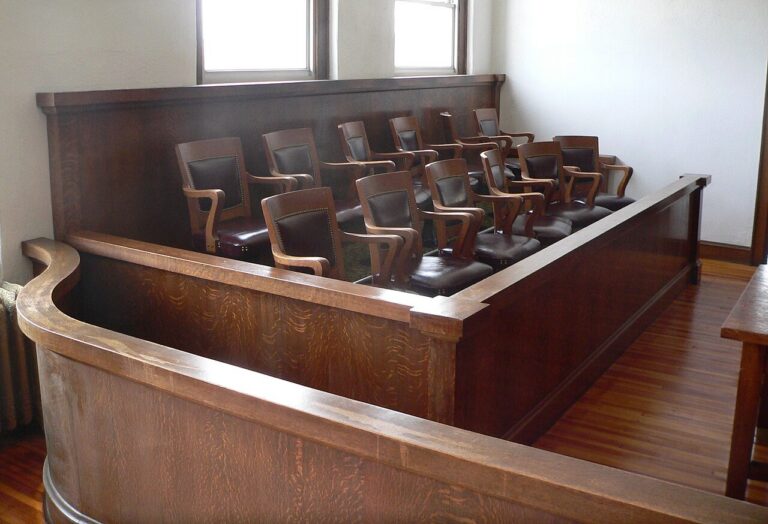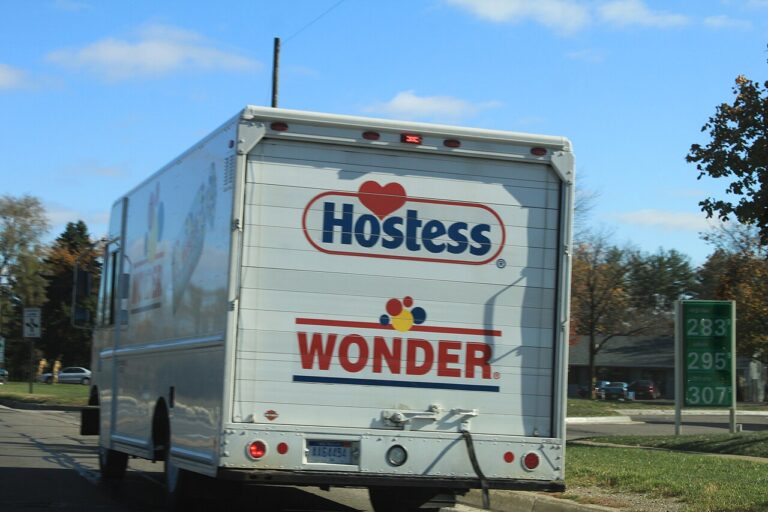
Benjamin Sachs is the Kestnbaum Professor of Labor and Industry at Harvard Law School and a leading expert in the field of labor law and labor relations. He is also faculty director of the Center for Labor and a Just Economy. Professor Sachs teaches courses in labor law, employment law, and law and social change, and his writing focuses on union organizing and unions in American politics. Prior to joining the Harvard faculty in 2008, Professor Sachs was the Joseph Goldstein Fellow at Yale Law School. From 2002-2006, he served as Assistant General Counsel of the Service Employees International Union (SEIU) in Washington, D.C. Professor Sachs graduated from Yale Law School in 1998, and served as a judicial law clerk to the Honorable Stephen Reinhardt of the United States Court of Appeals for the Ninth Circuit. His writing has appeared in the Harvard Law Review, the Yale Law Journal, the Columbia Law Review, the New York Times and elsewhere. Professor Sachs received the Yale Law School teaching award in 2007 and in 2013 received the Sacks-Freund Award for Teaching Excellence at Harvard Law School. He can be reached at [email protected].
Two cases before the Supreme Court this Term will determine the extent to which political parties can entrench themselves in office. The most obvious of these cases is Gill v. Whitford, which involves the constitutional permissibility of partisan gerrymandering. Gerrymandering is, of course, the classic tool of entrenchment. When a party takes control of the state legislature, they use that control to reshape district lines to ensure that they retain control into the indefinite future. This form of entrenchment has long been critiqued as anti-democratic.
But gerrymandering isn’t the only way that one side can use its power to stay in power. As Daryl Levinson and I pointed out in a recent article, there are multiple ways for parties to entrench themselves, and labor law is actually prominent among them. As we described:
[P]olitical actors intent on entrenching their preferred parties or policies need not resort to manipulating the formal ground rules of elections or legislation. Consider recent changes to public-sector labor law. Labor unions provide essential support to Democratic candidates, mobilizing pro-Democratic voters and funding the logistical and organizational infrastructure of Democratic campaigns. Seeking to defend their hold on power against Democratic challengers, Republican officeholders have enacted restrictive labor legislation for the purpose of weakening unions. In 2011, for instance, the Republican-dominated Wisconsin legislature overhauled the state’s collective bargaining laws to profoundly curtail unions’ ability to participate effectively in politics. In case the purpose of these measures was not apparent, the new restrictions exempted all the unions that had endorsed the Republican Governor in the previous election. The goal was to selectively incapacitate the Republicans’ political opponents. And not just at the state level: as Wisconsin’s Republican senate majority leader put it at the time, “[i]f we win this battle, and the money is not there under the auspices of the unions . . . President Obama is going to have a [] much more difficult time getting elected. . . .” Wisconsin Republicans intent on undermining their political opposition and entrenching their party in office did not need to resort to disfranchisement or gerrymandered electoral districts. They could make use of labor law instead.
Labor law reforms generally are enacted by legislatures. But not always. Janus v. AFSCME presents the Supreme Court with the opportunity to enact – through the First Amendment – a national right-to-work regime for the public sector. In my view, this would be a constitutional mistake. But constitutional analysis aside, such a decision could have massive implications for the balance of political power in the country. A decision in Janus that agency-fee agreements violate the First Amendment would foist onto public sector unions a type of free-rider challenge that most organizations cannot withstand. And, as Karl Rove pointed out long ago, if you want to kill the Democratic Party, you can do get pretty far by hobbling the unions.










Daily News & Commentary
Start your day with our roundup of the latest labor developments. See all
February 9
FTC argues DEI is anticompetitive collusion, Supreme Court may decide scope of exception to forced arbitration, NJ pauses ABC test rule.
February 8
The Second Circuit rejects a constitutional challenge to the NLRB, pharmacy and lab technicians join a California healthcare strike, and the EEOC defends a single better-paid worker standard in Equal Pay Act suits.
February 6
The California Supreme Court rules on an arbitration agreement, Trump administration announces new rule on civil service protections, and states modify affirmative action requirements
February 5
Minnesota schools and teachers sue to limit ICE presence near schools; labor leaders call on Newsom to protect workers from AI; UAW and Volkswagen reach a tentative agreement.
February 4
Lawsuit challenges Trump Gold Card; insurance coverage of fertility services; moratorium on layoffs for federal workers extended
February 3
In today’s news and commentary, Bloomberg reports on a drop in unionization, Starbucks challenges an NLRB ruling, and a federal judge blocks DHS termination of protections for Haitian migrants. Volatile economic conditions and a shifting political climate drove new union membership sharply lower in 2025, according to a Bloomberg Law report analyzing trends in labor […]